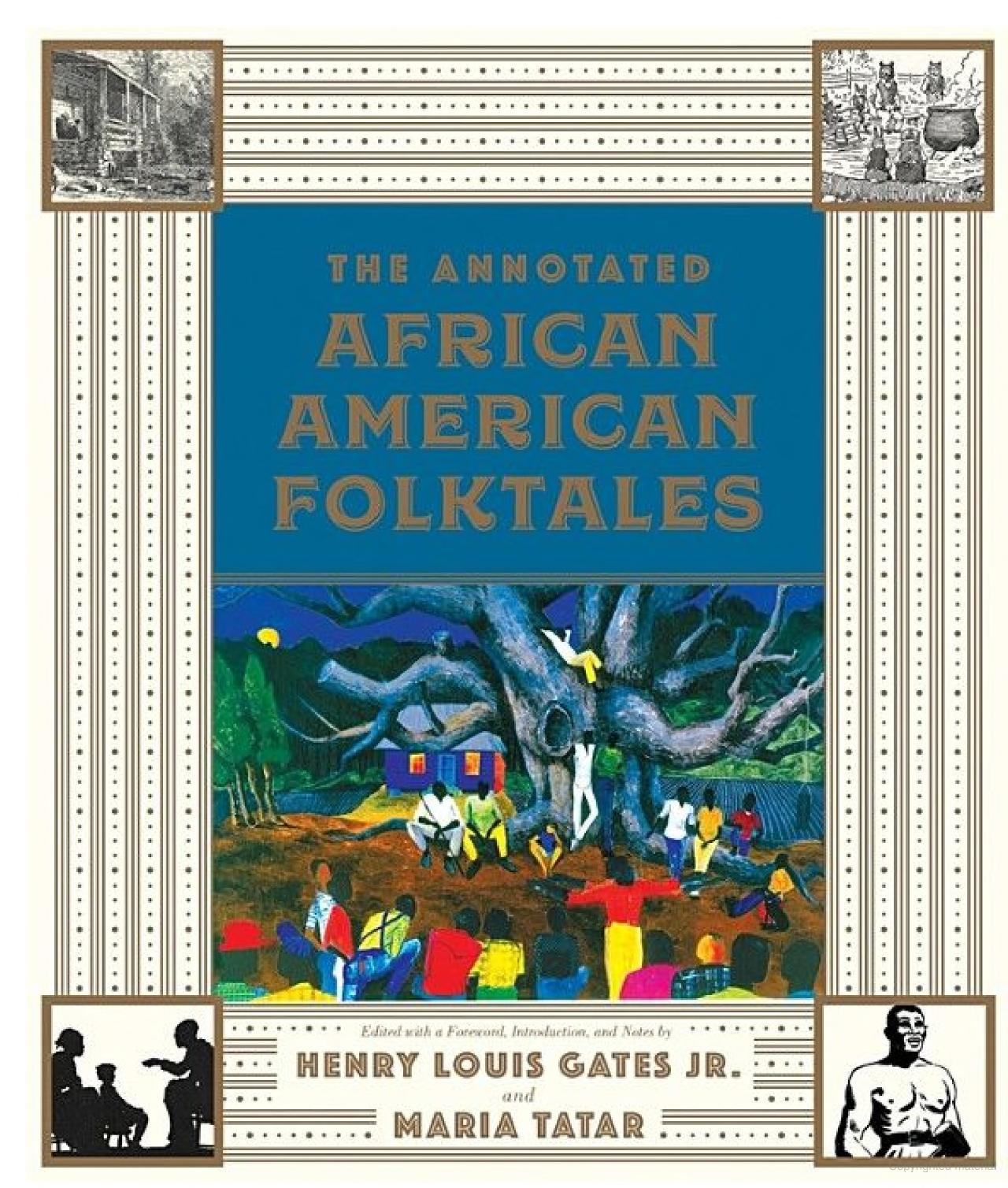 Image 1 of 2
Image 1 of 2

 Image 2 of 2
Image 2 of 2



Assata — An Autobiography by Assata Shakur
On May 2, 1973, Black Panther Assata Shakur (aka JoAnne Chesimard) lay in a hospital, close to death, handcuffed to her bed, while local, state, and federal police attempted to question her about the shootout on the New Jersey Turnpike that had claimed the life of a white state trooper. Long a target of J. Edgar Hoover's campaign to defame, infiltrate, and criminalize Black nationalist organizations and their leaders, Shakur was incarcerated for four years prior to her conviction on flimsy evidence in 1977 as an accomplice to murder.
This intensely personal and political autobiography belies the fearsome image of JoAnne Chesimard long projected by the media and the state. With wit and candor, Assata Shakur recounts the experiences that led her to a life of activism and portrays the strengths, weaknesses, and eventual demise of Black and White revolutionary groups at the hand of government officials. The result is a signal contribution to the literature about growing up Black in America that has already taken its place alongside The Autobiography of Malcolm X and the works of Maya Angelou.
Two years after her conviction, Assata Shakur escaped from prison. She was given political asylum by Cuba, where she now resides.
On May 2, 1973, Black Panther Assata Shakur (aka JoAnne Chesimard) lay in a hospital, close to death, handcuffed to her bed, while local, state, and federal police attempted to question her about the shootout on the New Jersey Turnpike that had claimed the life of a white state trooper. Long a target of J. Edgar Hoover's campaign to defame, infiltrate, and criminalize Black nationalist organizations and their leaders, Shakur was incarcerated for four years prior to her conviction on flimsy evidence in 1977 as an accomplice to murder.
This intensely personal and political autobiography belies the fearsome image of JoAnne Chesimard long projected by the media and the state. With wit and candor, Assata Shakur recounts the experiences that led her to a life of activism and portrays the strengths, weaknesses, and eventual demise of Black and White revolutionary groups at the hand of government officials. The result is a signal contribution to the literature about growing up Black in America that has already taken its place alongside The Autobiography of Malcolm X and the works of Maya Angelou.
Two years after her conviction, Assata Shakur escaped from prison. She was given political asylum by Cuba, where she now resides.
ABOUT THE AUTHOR
Assata Olugbala Shakur—political activist, author, fugitive, and step-aunt of the famed, slain hip-hop artist Tupac Shakur—was born JoAnne Deborah Bryon on July 16, 1947 in New York City, New York. Following her parents’ divorce in 1950, she moved with her mother and maternal grandparents to Wilmington, North Carolina. Shakur spent much of her adolescence alternating residences between her mother, who remarried and returned to New York, and relatives in Wilmington.
Shakur enrolled in Borough of Manhattan Community College before transferring to City College of New York, where her exposure to Black Nationalist organizations profoundly impacted her activism. Shakur attended meetings held by the Golden Drums, where she met her husband, Louis Chesimard. Members of the organization familiarized her with black historical figures that resisted racial oppression and social violence. She also began interacting with other activist groups and subsequently participated in student rights, anti-Vietnam war, and black liberation movements. In 1971, she adopted a new name: Assata (“she who struggles”) Olugbala (“love for the people”) Shakur (“the thankful”).










